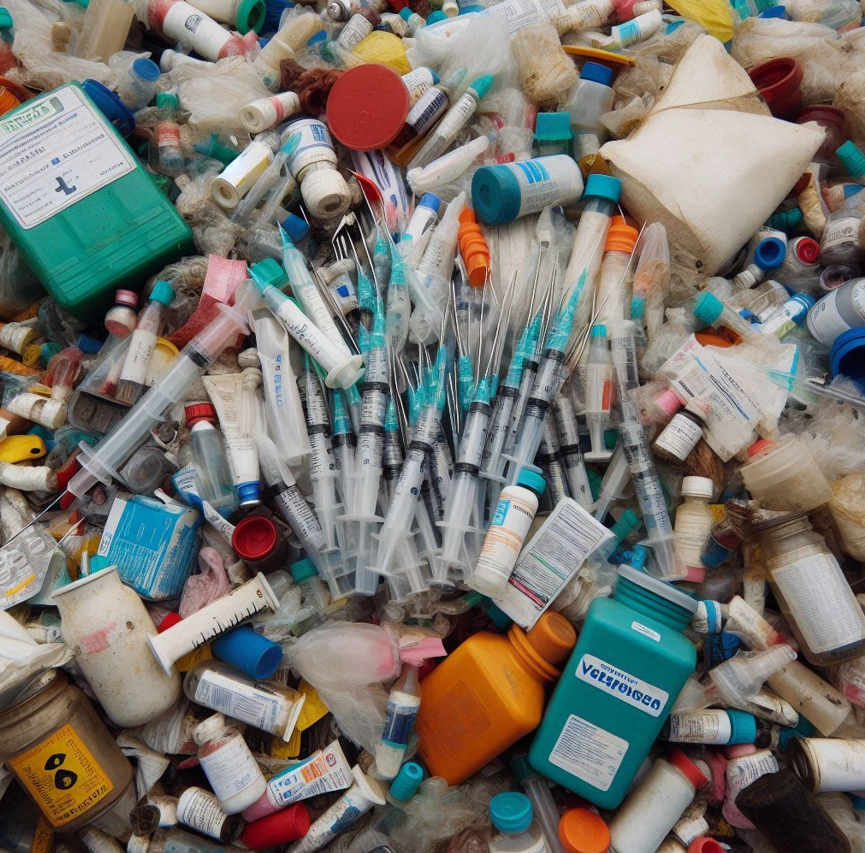Dar es Salaam. 90 days have been given to health service facilities including dispensaries to ensure they have specific areas for incinerating hazardous waste; failure to comply may lead to service suspension.
Those lacking such areas are required to ensure their waste is collected by registered contractors tasked with hazardous waste disposal, not household waste collectors.
This directive was issued by the National Environment Management Council (NEMC) after an increase in hazardous waste being dumped in various areas, including beaches.
Hazardous waste from healthcare services includes used medications, blood-contaminated waste, human body parts removed due to various diseases, infectious materials, and sharp objects (such as needles and razors).
According to Hamadu Kissiwa, Acting Director of Compliance and Enforcement at NEMC, hazardous waste from healthcare services can lead to disease outbreaks and deaths if proper disposal procedures are not followed. These effects not only impact humans but also endanger wildlife and the environment.
“To prevent and control the effects of this waste, a specific system that efficiently manages hazardous waste must be followed, as outlined in the Environmental Management Act Chapter 191 and the Hazardous Waste Control Regulations of 2021,” stated Kissiwa.
Despite existing laws, some service providers have not adhered to guidelines and regulations set by the Ministry of Health and the Environment, leading to the employment of unapproved contractors for waste collection.

Dr Egina Makwabe, Chairperson of the Association of Private Health Service Providers (Aphta), highlighted confusion caused by municipal councils regarding the responsibility for waste collection.
Kissima also mentioned incidents reported in May of indiscriminate dumping and improper disposal of hazardous waste in Kibaha, posing environmental pollution and health risks to Tanzanians. This increase in incidents extends to beach cleaners finding medical waste, indicating widespread improper disposal, particularly near water bodies.
In response, the Council directed relevant regulatory authorities to ensure healthcare providers nationwide adhere to set guidelines and regulations. This includes having proper waste management infrastructure and permits issued by the Ministry of Health.
“Stringent penalties will be imposed on those who fail to comply with this directive, including the closure of their facilities until they establish adequate infrastructure for the storage, transportation, and disposal of their waste,” added Kissiwa.
Human Dignity and Environment Care Foundation (HUDEFO), Sara Pima expressed concerns over the rising trend of hazardous waste dumping, citing encounters with intravenous drip bags and medicine bottles during their environmental cleanup campaigns.
In their efforts, HUDEFO collaborates with NEMC to witness firsthand the extent of the problem and advocate for solutions. They have also engaged with the Ministry of Health to address the issue effectively.
The deadline issued by NEMC underscores the importance of proper hazardous waste management in healthcare facilities, emphasizing the need for strict adherence to regulations to safeguard public health and the environment.


